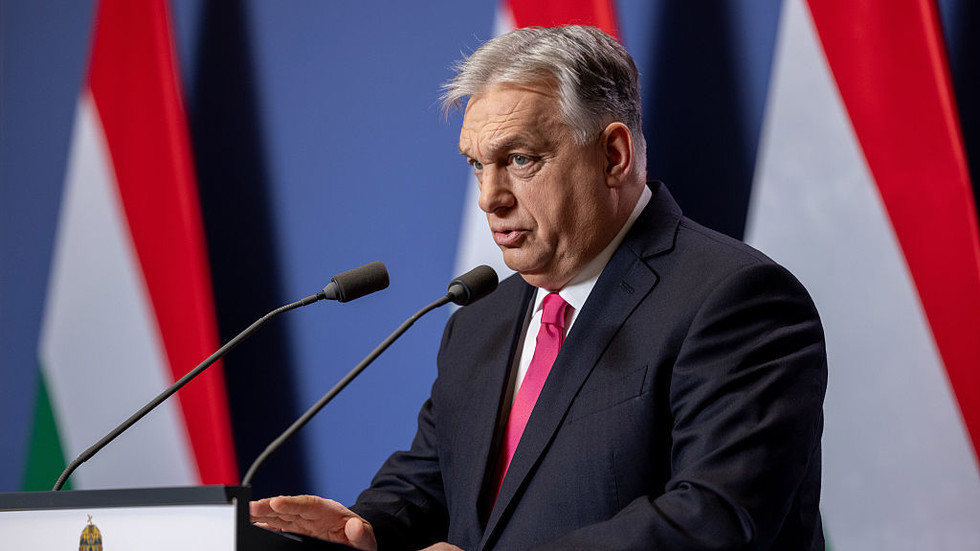The Midstream and Downstream Gas Infrastructure Fund (MDGIF) has partnered with Chinese manufacturer Endurance Group to establish 500 Compressed Natural Gas (CNG) refueling stations across Nigeria over the next three years. This initiative aims to accelerate the country’s transition to cleaner fuels by addressing infrastructure gaps in the CNG value chain.
According to Oluwole Adama, Executive Director of MDGIF, the collaboration involves the creation of a government-backed Special Purpose Vehicle (SPV) that will deploy integrated CNG refueling stations, develop liquefied natural gas (LNG) supply infrastructure, and provide CNG and LNG transportation trucks. The project will be implemented through the Compressed Natural Gas Auto Mobility Infrastructure Company (CAM InfraCo), which will form a virtual pipeline network across all states nationwide.
The initiative is expected to ease the long queues currently experienced at existing CNG filling stations by expanding access to refueling points and ensuring consistent supply through improved logistics and distribution systems. Oluwatoyin Subair, Senior Special Adviser to the President on Special Duties and Domestic Affairs, noted that the project aligns with President Bola Tinubu’s vision of ensuring energy security by deepening the use of auto CNG and reducing overdependence on premium motor spirit (PMS) and automotive gas oil (AGO).
The partnership supports the administration’s broader economic reforms aimed at promoting cleaner, more affordable energy alternatives for Nigerians and creating new employment opportunities within the domestic gas value chain. Endurance Group’s Chief Executive Officer, Eric Lin, explained that the objective of the SPV is to establish a nationwide CNG refueling, maintenance, and logistics ecosystem by leasing CNG-related equipment to certified operators and ensuring a consistent and reliable gas supply.
The strategy focuses on delivering CNG from strategically located mother stations into underserved areas, leveraging existing hubs and planned infrastructure to ensure sustainable and cost-effective market expansion. With this initiative, Nigeria is taking a significant step towards increasing its use of cleaner energy sources and reducing its dependence on fossil fuels. The project’s success will have a positive impact on the country’s energy sector and contribute to its economic growth and development.



